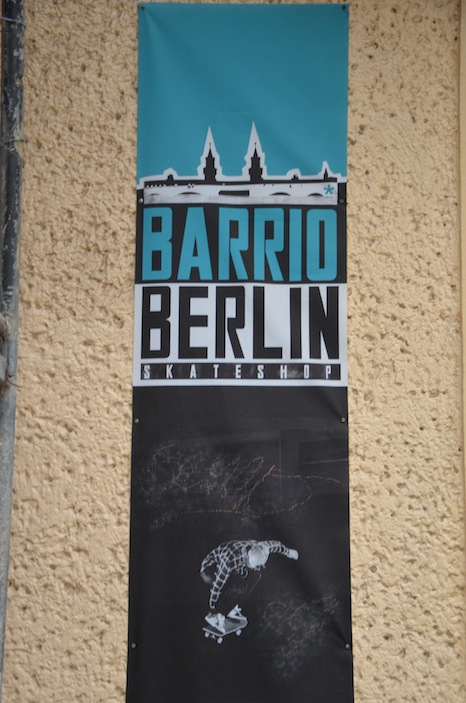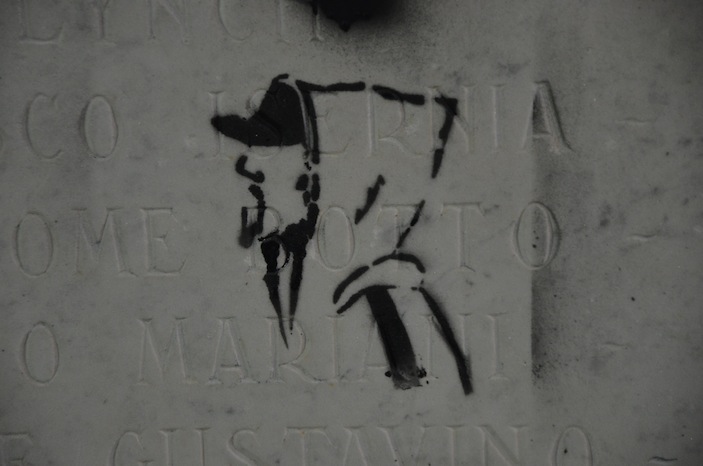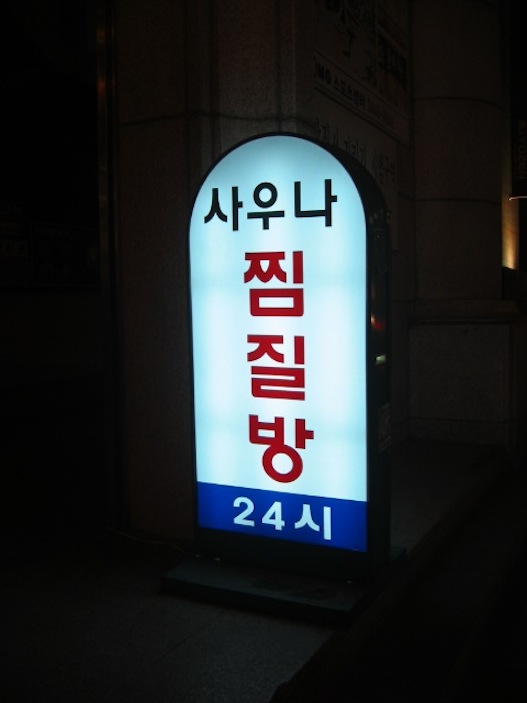IDlondon: British Journalism as Entertainment
Few forms of reading are as entertaining than that offered by British newspapers. While every country has their tabloids, featuring off-the-wall stories (often fabricated) about celebrities, this type of content seems to always find a place in even the most reputable newspapers produced by London daily. From The Sun to The Guardian and everything in between, more emphasis seems to be placed here on uncovering the latest football wife-and-girlfriend drama or the accidental private part flash by a busty blonde on her Ibiza getaway than things happening in those less important issues, like, oh, national politics or human rights.
But before you journalism purists get bent out of shape about it, just relax…and enjoy it! I’m always entertained no matter what I’m reading—even coverage of football seems to revolve more around hurt feelings and dented Bentleys than game strategy—and it has certainly made many a long commute via Southwest Trains and the Tube go by in a snap. One that comes to mind was in the wake of football club Chelsea’s historic Champions League victory in 2012—the biggest accomplishment in the club’s 107-year history. Rather than focusing on some of the hundreds of newsworthy subplots, much of the next day’s coverage revolved around the hurt feelings of striker Fernando Torres, who felt “more humiliated than he had ever been” because he was relegated to coming off the bench rather than starting the match. He still played a significant amount of time, including the decisive conclusion, but somehow had the gall to let his personal ego outweigh a once-in-a-century team accomplishment. And the newspapers ate it up, comically (perhaps just as comically as seeing a gaudy Torres at front and center of the team’s victory parade through West London the next day).
British newspapers are more comedic soap opera than journalistic integrity and I, for one, actually prefer it that way!
.jpg)












